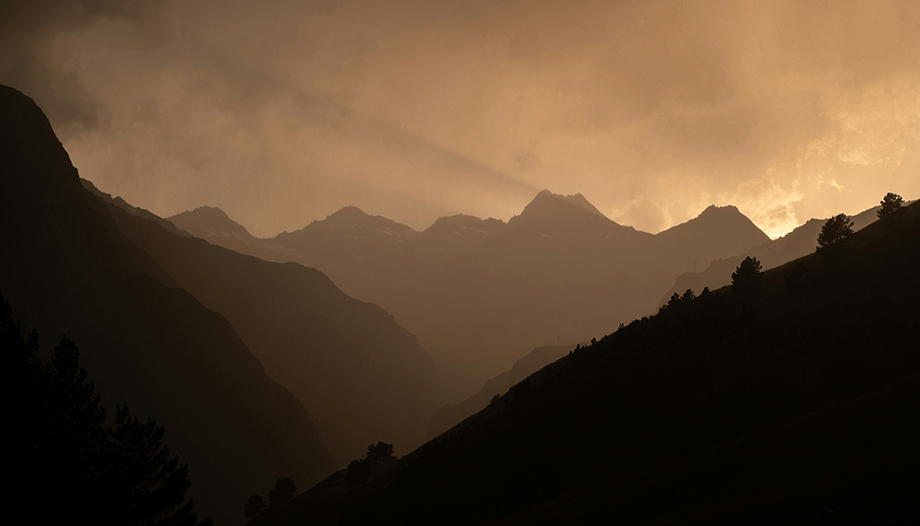We were soaked after an afternoon and evening of rain. Some of us were shivering from the cold. The second day of our mountain camp was dawning. The clouds that enveloped us made us doubt whether the sun would rise that day. Suddenly its first rays appeared. It was the same star as always, but we had never been so grateful for its light and warmth. Rachel Carson explains how, paradoxically, there are certain things we do not value because they are so close at hand. She states, for example, that if we only had one chance in life to contemplate a starry night, we would surely look forward to it. However, as the nightly spectacle unfolds every night, we let it go unnoticed.
Cultivating a sense of wonder prepares the soil for human flourishing. To know, love and enjoy God's gifts we need to stop, pay attention and discover the contingency of the world. As much as we need routines to simplify life, we cannot help but be fascinated by the everyday.
Teaching wonder in the face of reality should be an educational priority. The amazement at the flight of a swallow or the astonishment at the waves breaking against the rocks train us to guard the most precious part of our humanity.
The best antidote to digital daze is to experience wonder: contemplating a sunset or walking in the mountains. Amazement frees us from the frantic search for stimuli and allows us to enjoy the simple: listening to our grandparents' stories, reading Salgari or enjoying a great piece of music.
We live saturated with stimuli and information. On the other hand, silence, calm and living in the present open the door to a more human life, sustained by wonder and gratitude for everything that surrounds us.
Communication consultant.







